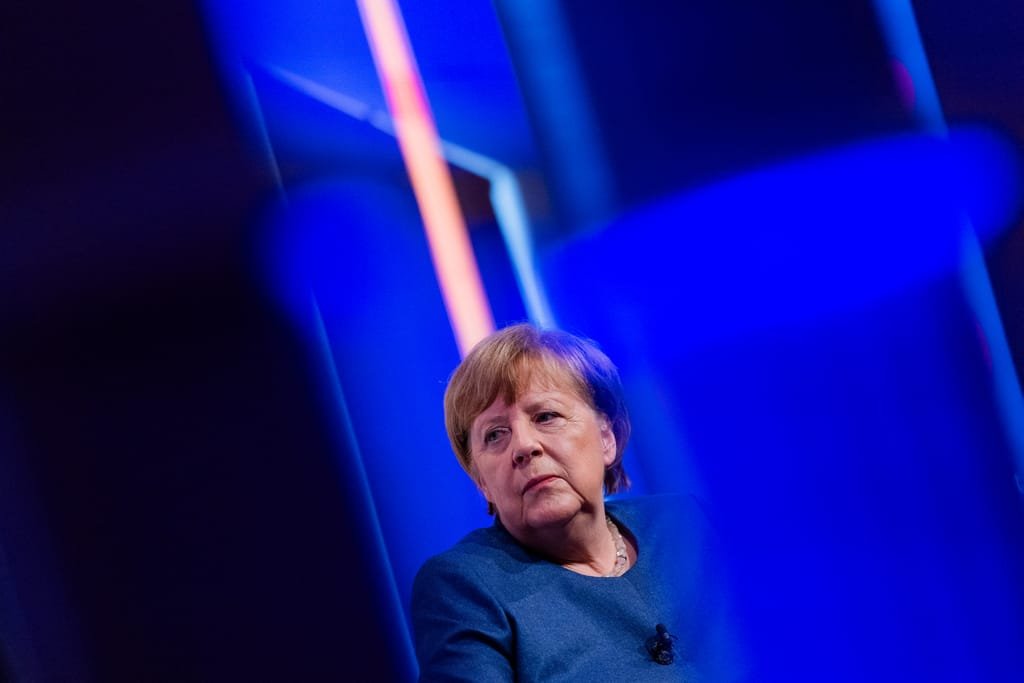The former chancellor’s intervention exposes a deepening rift within Germany’s conservatives over how to handle the AfD’s rising influence.

BERLIN — Former German Chancellor Angela Merkel has publicly chastised the leader of her own party, Friedrich Merz, after the Christian Democratic Union (CDU) for the first time relied on far-right votes to pass a motion in parliament.
The deal broke a long-standing commitment to isolating the far-right Alternative for Germany (AfD) party, which is polling in second place ahead of the German election on Feb. 23.
Merkel’s rare intervention, first reported by German magazine Stern, exposes a deepening rift within the conservative CDU over how to handle the AfD’s rising influence.
“I consider it wrong to abandon this commitment and, as a result, to knowingly allow a majority with AfD votes in the Bundestag for the first time on January 29,” Merkel said in a statement about the crumbling anti-AfD firewall.
She referred to an agreement Merz made in November 2024, when he explicitly pledged to prevent the AfD from playing a decisive role in Bundestag votes. “This proposal and the stance associated with it were an expression of great state political responsibility, which I fully support in its entirety,” she added.
POLITICO reached out to Merz’s team, who declined to comment on the matter.
The controversy erupted after the CDU introduced a proposal aimed at tightening Germany’s asylum policies by increasing border rejections of asylum-seekers.
Though nonbinding, the Bundestag vote marked the first time the CDU relied on AfD votes to push through a motion — a symbolic rupture with Merkel’s centrist legacy and the party’s long-standing refusal to work with the far right.
For the AfD, the vote was a watershed moment. “Now begins a new era,” proclaimed Bernd Baumann, a senior AfD lawmaker. The party has seized on the moment as proof that its hard-line stance on migration is gaining mainstream legitimacy.
The backlash against Merz has been swift.
Chancellor Olaf Scholz and his Social Democratic Party (SPD) accused the CDU leader of undermining his “trust,” while demonstrators gathered outside CDU headquarters on Tuesday night, demanding a stronger commitment to keeping the far right out of power.
Merz, who has steadily moved the CDU rightward in an attempt to reclaim voters defecting to the AfD, now faces his biggest leadership crisis. While he did not openly endorse working with the AfD, critics argue that his rhetoric on migration and his failure to prevent CDU lawmakers from cooperating with the far right have blurred the party’s red lines.
Merkel’s intervention makes his position even more precarious. Though she stepped down as CDU leader in 2018 and left the chancellery in 2021, Merkel remains an influential figure within the party, particularly among moderates who see her as a guardian of the CDU’s centrist course.
With just weeks until the federal election, the fallout from the vote has further polarized the race. Merz now faces a choice: Double down on his rightward shift or attempt to reassert the CDU’s firewall against the AfD — a decision that could define his political future.





